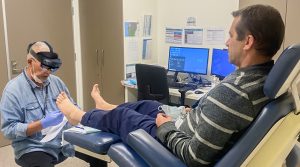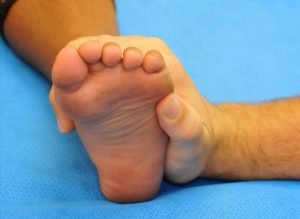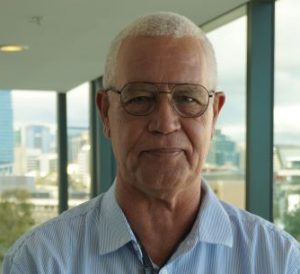People living in regional and rural areas are satisfied with using telehealth to access specialist healthcare rather than traveling long-distances to a metropolitan centre, according to research by Central Adelaide and the University of South Australia (UniSA).
A long way from home
People living in regional and rural areas are disadvantaged from accessing specialist healthcare compared to those living in metropolitan areas, according to Matthew Beard, researcher, and clinical lead for the Spinal Assessment Clinic (SAC) at the Royal Adelaide Hospital (RAH).
“People living in regional and rural areas often go without essential healthcare as health services remain out of reach impacting on people’s lives and health outcomes,” said Mr Beard.
“Barriers to accessing healthcare have widely been overlooked by health services contributing to inequities for people living in regional and rural areas.”
The use of telehealth has accelerated in recent years. However, an evidence gap has remained: specifically, how do patients and their caregivers’ feel about using telehealth?
Improving access to healthcare
The research review, led by SAC team member Joseph Orlando, combined findings from 36 previous studies and concluded that patients and their caregivers living in regional and rural areas are satisfied with their experiences with telehealth for a number of reasons.
By allowing people to attend an appointment in their own local community, telehealth reduces the inconvenience of travelling long distances to an urban centre. This study showed that this was especially important for people with chronic conditions, parents with young children and caregivers of elderly patients.
“Telehealth does not replace face-to-face healthcare but when clinically safe and appropriate, provides patients the choice of an alternative mode of service delivery to access healthcare,” said Mr Beard.
As a physiotherapist and CALHN staff member, Mr Beard is committed to driving new ways to improve care through research.
“Clinicians encounter challenges at the ‘coalface’ and often devise solutions to improve healthcare. Undertaking research in collaboration with the University of South Australia allowed our team to demonstrate the value of telehealth,” he said.



